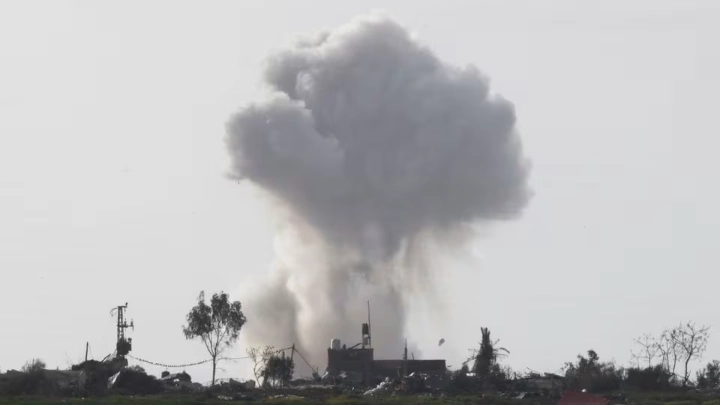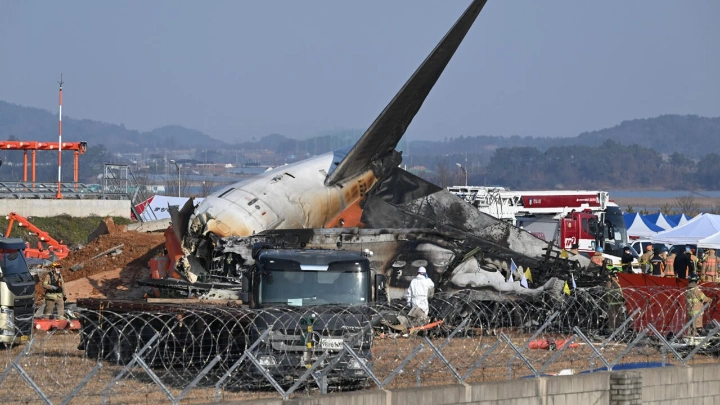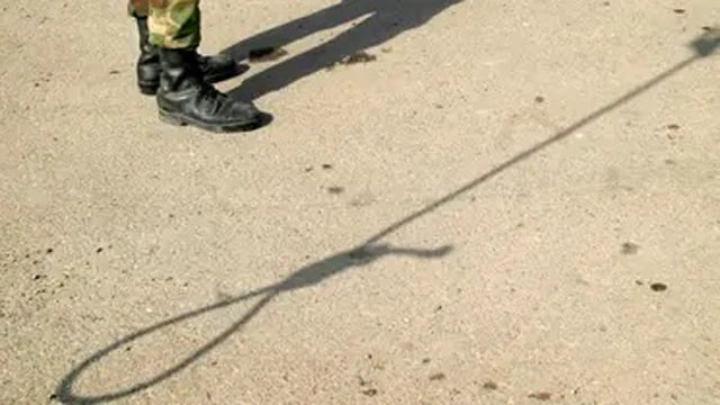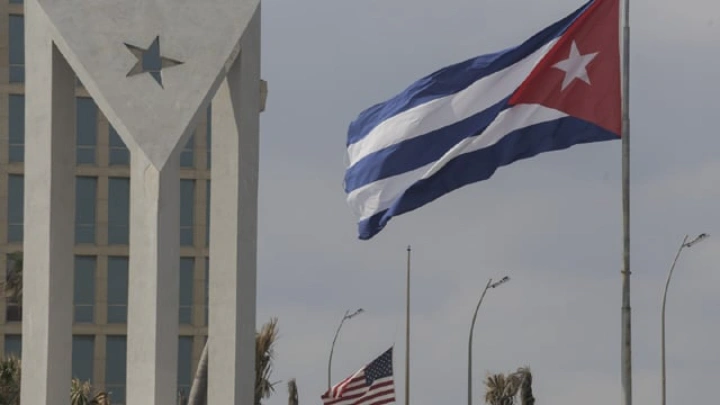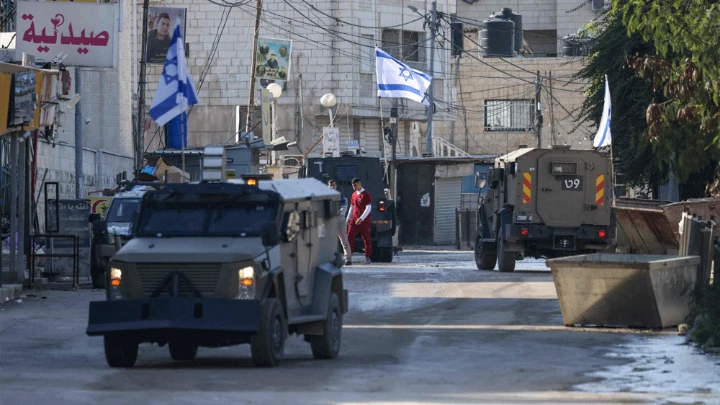UN to test Israeli military road to get aid to Gaza's north
Reuters || Shining BD
The United Nations will assess on Thursday how it can use an Israeli military road bordering the Gaza Strip to deliver aid to hundreds of thousands of desperate civilians in the north of the Palestinian enclave, a senior U.N. aid official said.
The U.N. has warned that at least 576,000 people in Gaza – one-quarter of the population – are on the brink of famine.
Jamie McGoldrick, U.N. aid coordinator for the Occupied Palestinian Territory, said the U.N. had been pushing Israel for weeks to use the Gaza border fence road and had received much more cooperation from Israel in the past week.
Palestinian officials say more than 100 people were killed last Thursday trying to reach an aid convoy near Gaza City, most of them shot by Israeli troops. Israel's military, which had been overseeing the private aid deliveries, said most of them died in a stampede.
"Since the incident last week, I think Israel saw quite clearly how difficult it is to deliver assistance," McGoldrick told reporters, adding that the U.N. had seen "much more cooperation from Israel as a result of that realization."
Aid can currently reach Gaza in the south via the Rafah crossing from Egypt and Kerem Shalom from Israel. McGoldrick said the plan was for aid convoys to be inspected at those crossings, then escorted through Israeli territory along a military road to the Israeli border village Beeri.
"Once we go inside Gaza, we will be then left to go on our own," he said, adding that the U.N. would do an assessment of the possible new route on Thursday to check the state of the roads within Gaza to ensure there is no unexploded ordnance and to identify suitable distribution points for the aid.
ROAD VS AIR
McGoldrick said that using this route to reach northern Gaza allowed aid convoys to avoid congested roads and insecurity within the enclave. The U.N. World Food Programme (WFP) paused its deliveries to northern Gaza on Feb. 20 due to safety concerns with its convoys exposed to attacks by hungry mobs.
McGoldrick said other avenues for aid - including Israel's Ashdod port and air drops by the United States and Jordan - were "helpful but these are not going to address the significant needs, which can only be done by road transport."
The U.N. Palestinian refugee agency UNRWA has said that during February an average of nearly 97 trucks were able to enter Gaza each day, compared with about 150 trucks a day in January - well below a target of 500 trucks a day.
Israeli government spokesperson Eylon Levy on Wednesday that there are no limits on the amount of aid that can enter Gaza, urging donors: "Send the aid, we'll get it in."
"Israel's crossings are able to scan 44 trucks an hour combined," Levy told reporters. "The problem is distribution. The U.N. is struggling to distribute aid at the pace that Israel is letting it in."
He said Israel was "working on new strategies together with the private sector inside the Gaza Strip to get aid to the people who need" and that on Wednesday more than a dozen food trucks traveled to northern Gaza in coordination with Israel.
The war in Gaza began when Hamas fighters attacked Israel on Oct. 7, killing around 1,200 people and seizing 253 hostages, according to Israeli tallies. Israel retaliated by initially imposing a "total siege" on Gaza and launching an air and ground assault has since killed around 30,000 Palestinians, health authorities in the Hamas-run enclave say.
Shining BD

